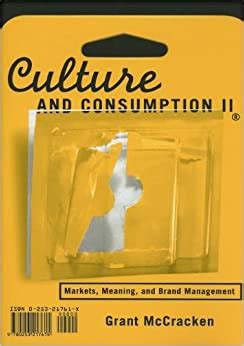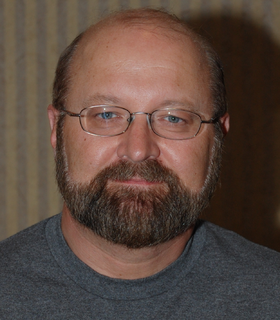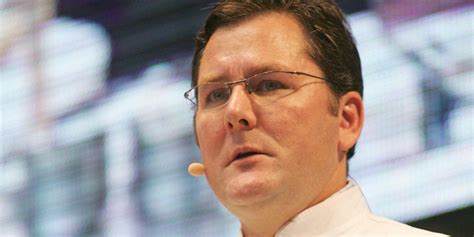A Quote by Grant David McCracken
I think the corporations if it wants to be truly responses to the changes taking place in the world is going to have to learn how to be much more porous to the world. And that is ever so difficult. We are good at boundaries and systems. We need to learn how to open those up.
Related Quotes
A university is not, primarily, a place in which to learn how to make a living; it is a place in which to learn how to be more fully a human being, how to draw upon one's resources, how to discipline the mind and expand the imagination; how to make some sense out of the big world we will shortly be thrown into.
Success is a learnable skill. You can learn to succeed at anything. If you want to be a great golfer, you can learn how to do it. If you want to be a great piano player, you can learn how to do it. If you want to be truly happy, you can learn how to do it. If you want to be rich, you can learn how to do it. It doesn't matter where you are right now. It doesn't matter where you're starting from. What matters is that you are willing to learn.
To me, the newspaper business was a way to learn about life and how things worked in the real world and how people spoke. You learn all the skills - you learn to listen, you learn to take notes - everything you use later as a novelist was valuable training in the newspaper world. But I always wanted to write novels.
And there was, in those Ipswich years, for me at least, a raw educational component; though I used to score well in academic tests, I seemed to know very little of how the world worked and was truly grateful for instruction, whether it was how to stroke a backhand, mix a martini, use a wallpaper steamer, or do the Twist. My wife, too, seemed willing to learn. Old as we must have looked to our children, we were still taking lessons, in how to be grown-up.
I think it's something that the citizenry needs to be vigilant about - participating in democracy, and that includes issues like what's going on and how much secrecy and transparency there should be. That's an on-going thing - in a democracy you want checks and balances and oversight, but you need a covert agency to protect the country. It's a very tricky balance and I think it changes as the world changes and I think we all need to be mindful of that.
It seems that the more places I see and experience, the bigger I realize the world to be. The more I become aware of, the more I realize how relatively little I know of it, how many places I have still to go, how much more there is to learn. Maybe that's enlightenment enough - to know that there is no final resting place of the mind, no moment of smug clarity. Perhaps wisdom, at least for me, means realizing how small I am, and unwise, and how far I have yet to go.
You really get caught up in this system of the world - the Instagram world, society - we really get caught up in what our friends want and what our jobs want. I think the priority in life is to feel secure and safe and solid, truly. Just feeling good, just being okay with sitting alone. I think that's a big thing people need to realize and get used to that it's okay to be alone. It's good to be alone, and you need to be able to sit by yourself and just be peaceful and silent, and learn to read a book again; learn to just be. It's hard to be when you are so used to static input.



































